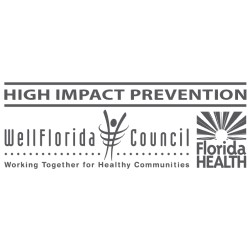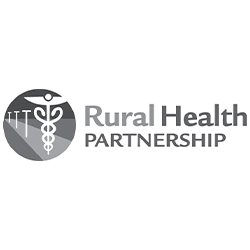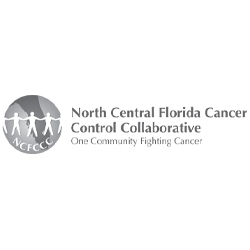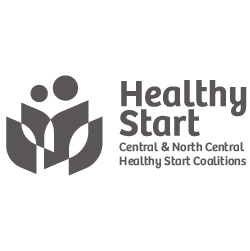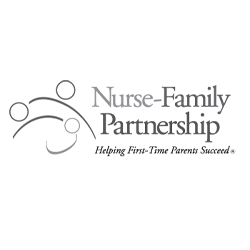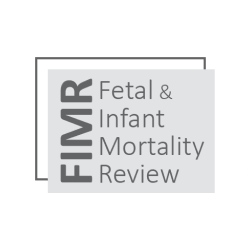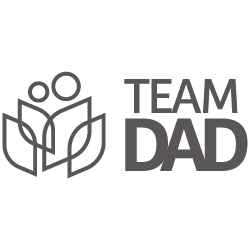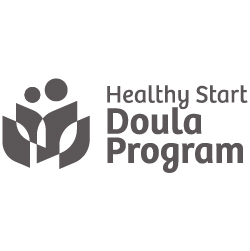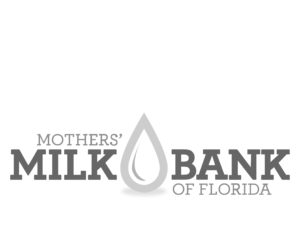Panel explores surge in HIV cases in Florida, law and policy response
Naomi L.P. Ardjomand-Kermani of WellFlorida Council Inc., St. Petersburg City Council member Steve Kornell, and Kristen Whitesell of Metro Wellness and Community Centers presented at Stetson law school on March 31 on the need for a law and policy response to rising cases of HIV infection in Florida.
Stetson’s Lambda Legal Society, Black Law Students Association, Health Care Law Association and Law Students for Reproductive Justice co-sponsored the program for students on HIV/AIDS and the Law.
“The impetus for this program was the release of some startling statistics in 2015 specific to Florida,” student Nathan Bruemmer explained during the introduction to the program.
Thirty-five years after the first AIDS diagnosis in the U.S., “Florida now has the highest number of new HIV diagnoses in the nation, with Hillsborough County demonstrating the largest increase — 63 percent from 2012 to 2014. Pinellas County diagnoses increased 32 percent, according to recent Florida Department of Health numbers,” said Bruemmer. Bruemmer shared that according to a 2014 Florida Dept. of Health Report, Florida is ranked third nationwide for HIV cases among pre-teen children.
While medical interventions and social services programs are available to help people with HIV/AIDS , stigma and discrimination create obstacles to people securing treatment, Bruemmer explained.
The panel discussed the implications of rising HIV cases in Florida, as well as how the law, lawyers and policymakers can help remove hurdles to HIV education and treatment.
“We need to have real conversations,” said Kornell. “When people feel more respected, they’re more likely not to engage in risky behavior.”
“Florida policies surrounding access to care and impoverished communities are driving this statistic forward,” said Whitesell, who pointed to the lack of sexual education in Florida as a problem. “Policy changes will effect this statistic.”
“The linkage to care component is the most important component to HIV care,” said Ardjomand-Kermani.
“We should not let anyone die or suffer because of lack of sexual education,” said Kornell. “We should really hold someone accountable for those statistics.”
Back to News page
